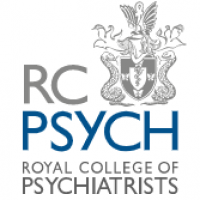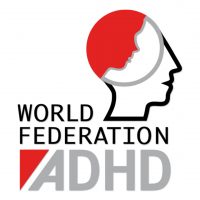What is dementia with Lewy bodies?
Dementia with Lewy bodies is the third most common cause of dementia.
The word dementia is used to describe a group of symptoms. These include memory loss, confusion and changes in language, vision and behaviour that affect day-to-day life. There are a number of different causes of dementia, with Alzheimer’s disease being the most common.
Dementia with Lewy bodies (DLB) is the third most common type of dementia. For every 100 people with dementia, around 10-15 will have DLB. This means roughly 100,000 people in the UK are likely to have this form of dementia. DLB can also occur with other types of dementia such as Alzheimer’s disease; this is called ‘mixed dementia’.
DLB is caused by small round clumps of protein that build up inside nerve cells in the brain. One of these proteins is called alpha-synuclein and the clumps it forms are called Lewy bodies. Lewy bodies damage the nerve cells and affect the way they communicate.
In DLB, the nerve cells that are affected by Lewy bodies are in areas of the brain that control thinking, memory and movement.
DLB, Parkinson’s disease and Parkinson’s disease dementia
DLB is closely related to Parkinson’s disease. Lewy bodies also cause the damage that leads to movement problems in Parkinson’s. People with Parkinson’s are more likely to go on to develop dementia, which is known as Parkinson’s disease dementia (PDD).
DLB and PDD can affect people in very similar ways. If dementia symptoms appear before or at the same time as people start to have movement problems, a diagnosis of DLB is likely to be given. If movement problems are present for a year or more before signs of dementia appear, a diagnosis of PDD is likely to be given.
Dr Behzad Basit is an experienced Psychiatrist who helps patients with living with dementia. With his medical career starting in 1988, Dr Basit been described by patients and colleagues as very approachable and can help patients experiencing problems with memory and possible Dementia. His background in general practice, psychiatry and psychotherapy enables him to take a holistic approach in the assessment and management of patients.
We invite you to learn more about Dementia here.
To book a consultation with Dr Behzad Basit, please complete our contact form here.
Source: Alzheimers Research UK









